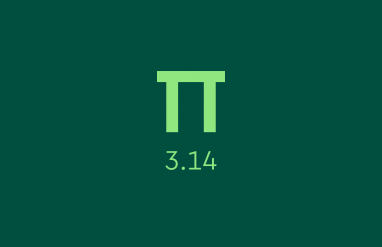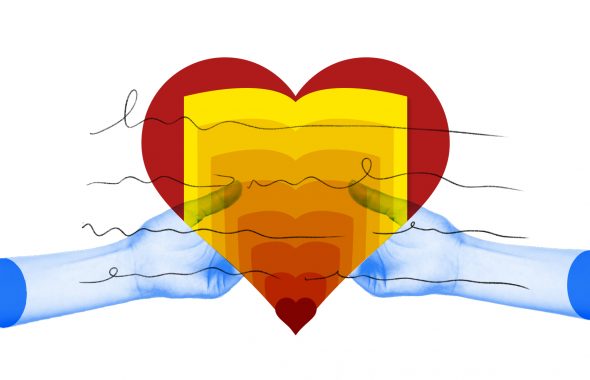Graphologists, or self-proclaimed handwriting experts, claim that it does. Specifically they claim that individuals who share certain personality traits write in a similar fashion, so graphologists analyze handwriting to deduce the character traits of the writer. In the early 1900s, Milton Newman Bunker invented the most common graphology technique called graphoanalysis. (Other methods of graphology predate Bunker’s work.) His approach relies on the stroke shape of the letters. Graphoanalysts look at variables like the upslants or downslants of letters like l, k, and t, the size of the first letter in relation to the other letters, the entire line of writing slanting up or down, and the shape of ending strokes of letters like s and e, among many other aspects.
Does how you write a word have a relationship to what word you are writing? Is penmanship considered part of language by linguists? Graphology focuses on about the meaning of appearance of your letters, not about the great or not-so-great sentence you’ve strung together. Linguists study these elements, too, but not to derive some psychological insight.
In linguistics, pragmatics is the study of how context influences meaning. Consider two examples:
- Your friend says “You look great” when you just fell in a mud puddle.
- You read the words “You look great” in a romance novel.
Context crucially affects the meaning in both cases. Likewise, handwriting can establish context and influence the meaning of writing. Messy or pristine, the visual nature of words can be an implicature, “anything that is communicated but is not explicitly stated.” For example, if your mom says “The phone is ringing,” she might mean “Please answer the phone.” You can infer what she means because the phone is ringing while she says it and perhaps she has said it in the past, hoping you would answer the phone. You make assumptions about the nature of a writer’s message based on how his or her writing appears.
(What does your e-mail diction say about you? Find out here.)
But can handwriting analysis actually provide scientifically-proven insights about personality? Sorry. Graphology has not been proven in any substantial way to predict or identify the character traits of an individual. Psychologists have researched connections between the elements of handwriting and personality tests like the Myers-Briggs Type Indicator, and their results have shown no correlation.
Don’t confuse graphology with graphemics, which is the study of writing systems and their relationship to speech. Nor should you confuse it with forensic document examination, the analysis of potentially fraudulent documents in court cases. Those forensic analyses attempt to identify the author of a document by comparing an individual’s handwriting in multiple instances to prove if they wrote a letter, signed a check, or forged someone else’s signature.
Does your experience contradict what science has to say? Has the character of a person’s handwriting ever taught you something about the writer’s personality? Let us know!













